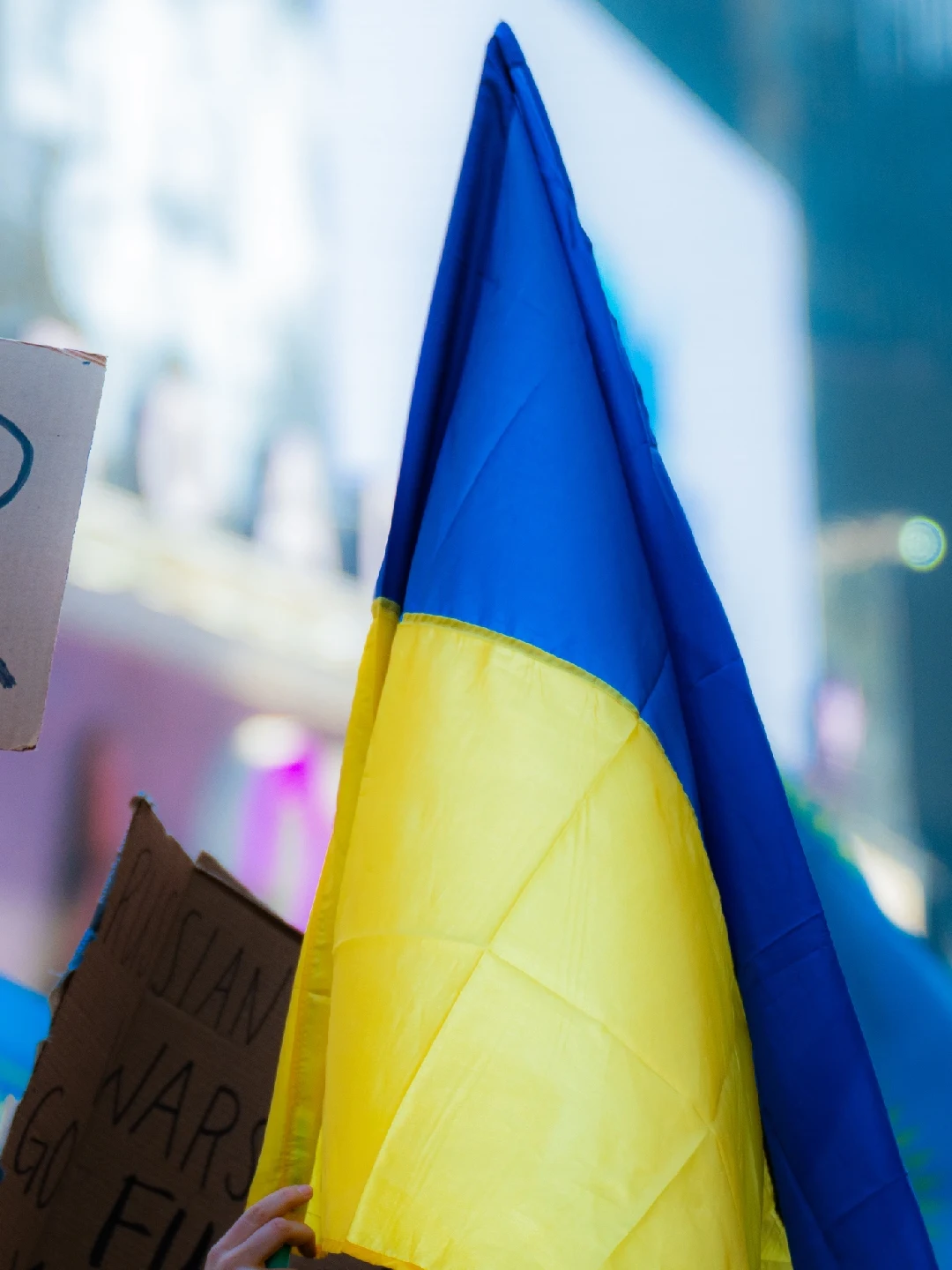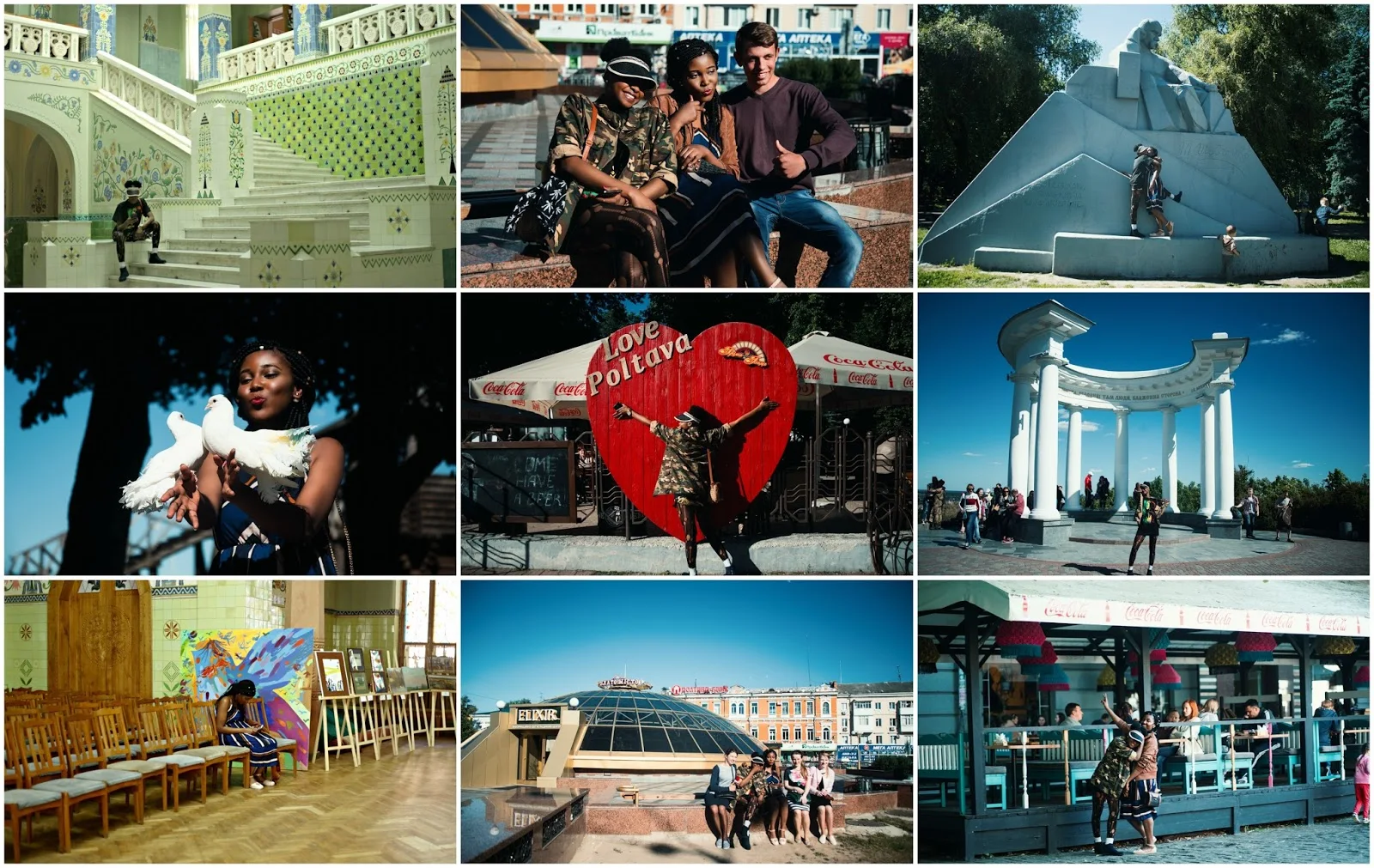"House Forester"

Located near the city, on the ring road in the Belgorod highway, not far from Feldman Ecopark. The territory has a 25-meter swimming pool, sun loungers, a summer bar. In addition, around the complex - a real picturesque forest, where you can walk for hours away from the city noise.
The price of pleasure: weekday - 150 UAH / day, Sat-Sun and holidays - 200 UAH / day. Children under 12 years - free of charge (accompanied by an adult). Subscription for the week: 900 USD / month
Hours: 10:00 - 20:00
Contacts: Kharkiv region, Dergachi district,. Cherkasy Lozovaya, 3 and Belgorod highway; 729-83-23, 050-301-38-97.
Arizona Beach club

This is not the bustling centre of the city and the distant green and Alexis meows. On its territory is a large-scale recreation centre Arizona Beach club. The club - children's and adult swimming pools, there is also access to the river. Active guests can play volleyball or tennis. One of the main highlights of the institutions - bar ... right in the pool!
The price of pleasure: weekdays - 150 UAH / day, weekend - 200 UAH / day, children up to 7 years - free of charge.
Hours aqua zones: from 10.00 till the last client.
Contact : ul. Sovkhoznaya, 3.st. m "August 23", "Alekseevskaya."; 788-16-18 (050) 401-66-80.
Aqua-Zone club "Misto"

In the entertainment centre "Misto" is a 25-meter pool, where you can not only swim but also to consult a qualified fitness trainer. By the way, the pool is filled with artesian water, purified quartz. There are also sun loungers and volleyball courts for recreation.
The price of pleasure: a weekday - 150 UAH / day, at the output - 200 UAH / day, children from one year - 100 UAH / day
Opening hours: 08:00 - 20:00
Contact: ul. Klochkovsky, 190-A; 758-17-04
Terrace beach club

Beach vacation right in the heart of Kharkiv? Easily. At the 6th floor of the hotel "Nemo" has an outdoor saltwater pool and whirlpool. For fans of the sunbathing platform is equipped with deck chairs and sofas. Bathing, you can enjoy a wonderful view of Kharkiv, because of Terrace beach club - an open platform.
The price of pleasure: a weekday - 300 UAH / day, at the output - 350 UAH / day, children under 5 free
Hours: from 8 to 21.
Contact: ul. Sumy, 35 (Shevchenko Gardens, in cascade); 700-33-99
Sports complex Tetra

Aqua yoga, aqua-pilates, aqua-therapy for pregnant and just being able to swim in the open air - is "Tetra" aqua-area sports complex. Here you can not only relax but also improve your fitness and health.
The price of pleasure: to get to the aqua-sports complex area, it is necessary to issue a club card. Its cost - from 3150 UAH (10 guest visits).
Hours: 9 to 21
Contact: ul. Sumi, 85; 766-02-02
"Arcade"

We go back to Alexis meows. On the territory of the complex "Arcade" - as much as five swimming pools (2 for children 3 adults), there is a sports equipment rental. In addition, as described Vgorode in "Arcadia" in the near future, there will be a new area with a huge swimming pool.
The price of pleasure: weekdays - 200 UAH / day, weekends and holidays - 250 UAH / day, children up to 7 years - free of charge, from 7 to 14 years - 150 UAH / day during the week, 200 USD / day on weekends.
Opening hours: 09:00 - 19:30
Contacts: Alexis meows, trans. Beech, 27; 720-05-20, 720-05-23
Marine Club

Swimming pool at Marine Club is small - about 12 meters, but it is possible to pass SPA treatments and relax on the sundeck. At the same veranda, by the way, there is free wi-fi, so you can combine business with pleasure and do not break away from the gadgets.
The price of pleasure: 60 UAH / 1.5 hours
Hours: 9:00 - 21:00.
Contact: ul. Lermontovskaya, 7, 25 714-25-

















































